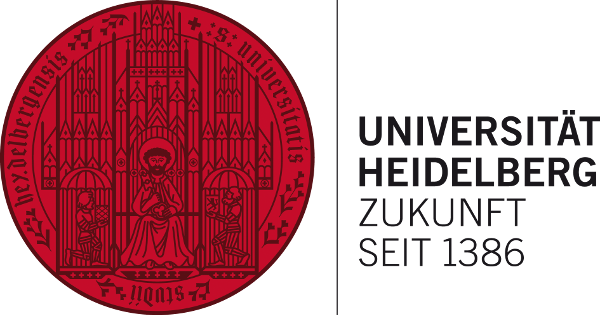Heidelberg University: DFG FUNDS NEW DOCTORAL TRAINING PROGRAMME WITH APPROXIMATELY 5.3 MILLION EUROS
A newly established Research Training Group (RTG) in the field of immunology will investigate what mechanisms control immune cells and how they can contribute to improving immunotherapeutic strategies for cancer treatment. RTG 2727 “Innate Immune Checkpoints in Cancer and Tissue Damage” will be located at the Medical Faculty Mannheim of Heidelberg University. Funding provided by the German Research Foundation (DFG) to establish this doctoral training programme totals approximately 5.3 million euros. The designated spokesperson for the initial funding period of four and a half years is Prof. Dr Adelheid Cerwenka, Managing Director of the Mannheim Institute for Innate Immunoscience (MI3).
RTG 2727 will concentrate mainly on the innate immune system, which is the first line of defence in the fight against infections and cancer. Control mechanisms called checkpoints in the immune cells play a particular role in this process. A finely tuned balance of activating and inhibitory signals dictates the start and the duration of immune reactions and decides between protection and tissue damage. However, little is known about the signals that control the reactivity of innate immunity. RTG 2727 therefore aims to decode and therapeutically exploit the control mechanisms in the immune cells. “At this point, our understanding of these checkpoints is very incomplete,” states Adelheid Cerwenka. The scientist hopes that the research carried out by the RTG will yield important insights for innovative therapies. These are intended to be based on the principle of therapeutically blocking or activating checkpoints in the cells of the innate immune system in cancer and inflammatory tissue damage.
Alongside the Medical Faculty Mannheim of Heidelberg University, participants of the Research Training Group “Innate Immune Checkpoints in Cancer and Tissue Damage” include the Medical Faculty Heidelberg of Ruperto Carola and the German Cancer Research Center; it is co-coordinated byProf. Dr Martina Muckenthaler of Heidelberg University Hospital. Additional project partners are internationally recognised immunologists at the University of Vienna (Austria) and the Karolinska Institute in Stockholm (Sweden). In the qualification programme that includes lectures, workshops, and laboratory work, the doctoral candidates will be educated in the very latest findings in innate immunity research. To promote interaction between basic research and translational research, the RTG supports close collaboration between doctoral students of the Medical Faculties and the Faculty of Biosciences of Heidelberg University.

